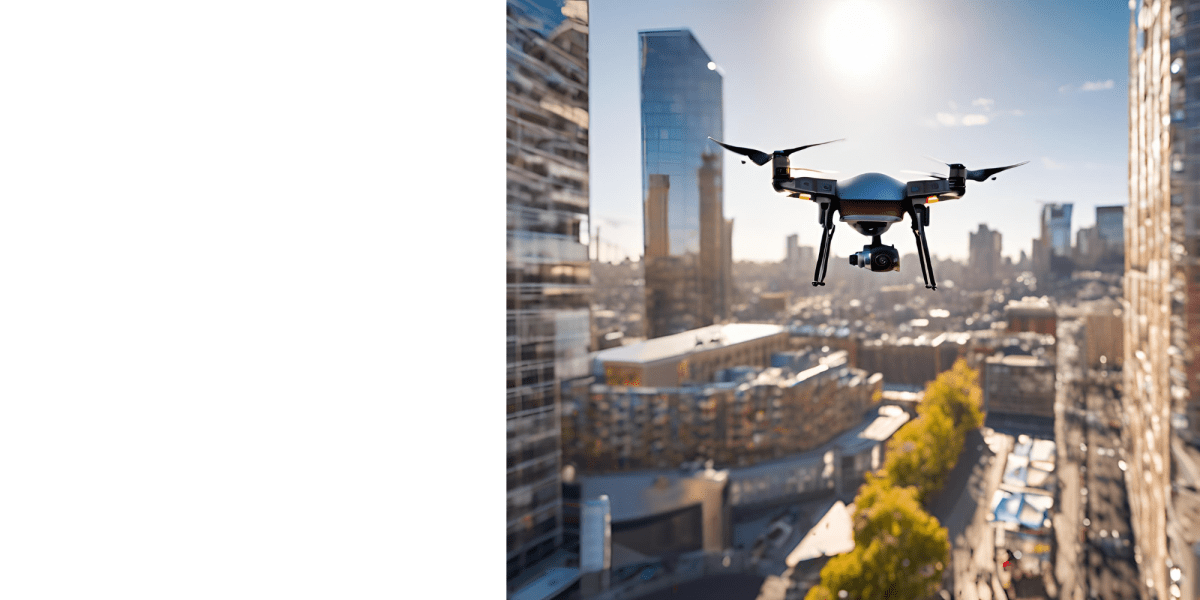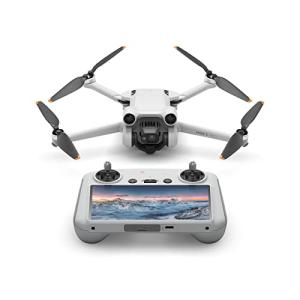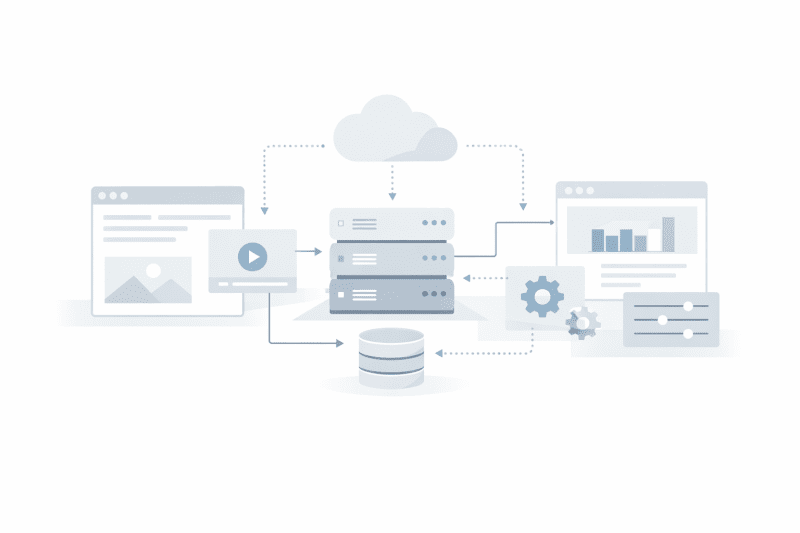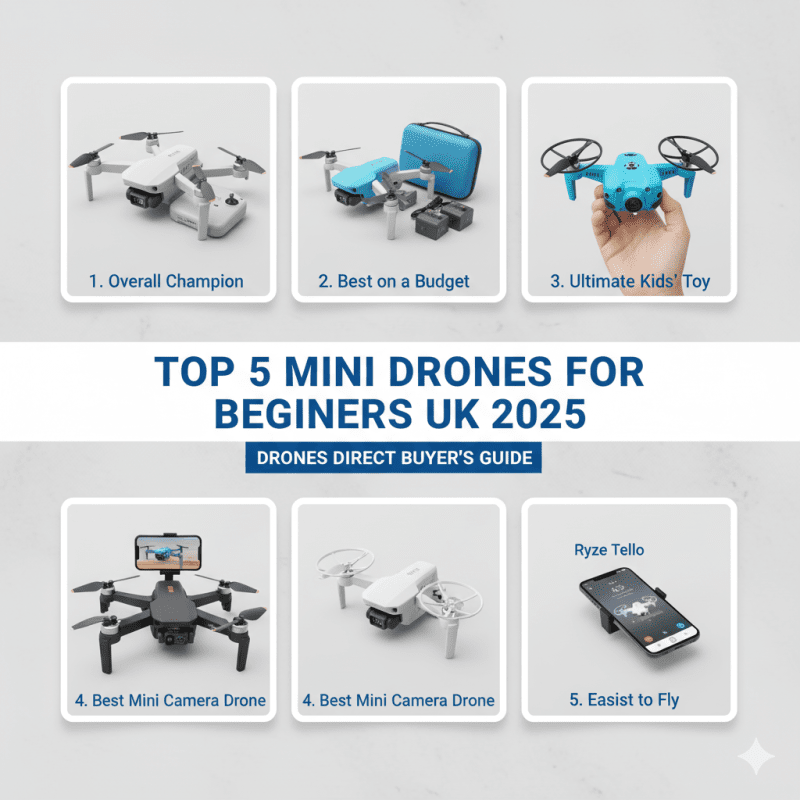The Top Uses of Professional Drones in Industries
Professional drones have revolutionized the way industries approach certain tasks. These unmanned aerial vehicles (UAVs) have become an essential tool for various purposes, from surveying land to capturing stunning aerial photographs. Here are some of the top uses of professional drones in different industries:
Agriculture
Drones have proven to be a game-changer in the agriculture industry. They allow farmers to survey their crops from above and quickly identify any problems such as pests, nutrient deficiencies, or disease. This information enables growers to act fast and take preventative measures to remedy these issues before they become worse.
Construction
Professional drones have become invaluable in the construction industry, primarily for surveying and mapping job sites. They can provide accurate measurements and valuable insights into job progress, enabling contractors to make better decisions. For instance, drones can monitor a construction site to ensure workers are following safety protocols, track inventory levels, and assess the viability of potential future projects.
Real Estate
Professional drones are also an excellent tool for real estate agents. They can capture aerial footage of properties, providing potential buyers with a comprehensive view of the land's layout and surrounding area. Drones make it easier for realtors to showcase a property's most attractive features and market it more effectively.
Film and Entertainment
Professional drones are also widely used in the film and entertainment industry. They provide a unique perspective, allowing filmmakers to capture stunning aerial shots that were once impossible to capture. Drones can also be used to monitor the safety of cast and crew members on set who are filming high-speed car chases, explosions, and other dangerous stunts.
Energy
Drones are increasingly being used in the energy industry, particularly for inspecting power plants and oil rigs. They can conduct visual inspections and collect data to identify any issues that could cause accidents or lead to production downtime. Drones have also been used to monitor pipelines, wind turbines, and solar farms for maintenance, performing tasks that would otherwise be very dangerous for human workers.
Conclusion
Professional drones have transformed various industries by offering unprecedented efficiency and safety benefits. As technology continues to evolve, it's likely we'll see drones utilized for even more innovative purposes in the near future.
Exploring the Technology Behind Professional Drones
Professional drones are equipped with advanced technology that allows them to capture high-quality aerial footage with precision and ease. Some of the key technologies used in professional drones include:
GPS Navigation
Most professional drones come equipped with GPS navigation systems that allow them to fly accurately and navigate through obstacles. With GPS, drones can also be programmed to fly pre-determined routes, take off and land autonomously, and return to their starting points automatically.
Camera Stabilization
To capture stable footage, professional drones use specialized camera stabilization systems that keep the camera steady even when the drone is flying at high speeds or in windy conditions. These systems include gimbals and electronic image stabilization.
Collision Avoidance Sensors
Advanced drones come with collision avoidance sensors that detect obstacles in the drone's flight path and alert the pilot to avoid collisions. These sensors may include cameras, infrared sensors, and sonar sensors.
Flight Controllers
The flight controller is the brain of the drone and controls its flight trajectory, altitude, and speed. It also receives input from various sensors and communicates with the pilot through a remote control or mobile app.
Battery Technology
Professional drones typically use high-capacity lithium-ion batteries that allow them to fly for longer periods of time on a single charge. Some drones also come with smart battery technology that monitors battery life and alerts the pilot when the battery is low.
Overall, the technology behind professional drones has advanced significantly in recent years, making it easier than ever to capture stunning aerial footage for a variety of applications.
The Benefits and Challenges of Implementing Professional Drones in Your Business.
Professional drones are revolutionizing the way businesses operate. From construction and agriculture to emergency services and photography, these unmanned aerial vehicles (UAVs) are being employed in a wide range of industries due to their unique capabilities. However, like any emerging technology, there are benefits and challenges associated with implementing professional drones in your business.
The Benefits of Professional Drones in Business
Professional drones offer numerous benefits for businesses that choose to integrate them into their operations. Here are some of the key advantages:
- Improved Efficiency and Productivity: Drones can complete tasks faster and more efficiently than their human counterparts in many cases. For example, a drone equipped with a high-resolution camera can survey a construction site or inspect a wind turbine in less time and with greater accuracy than a human team. This can save time and money for businesses, as well as improve overall productivity.
- Cost Savings: Drones are a relatively inexpensive investment compared to other types of technology used in industries such as agriculture, construction, and mining. Additionally, they can reduce costs by decreasing the need for human labor and eliminating the need for specialized equipment like helicopters or cranes in certain applications.
- Data Collection and Analysis: Drones can gather vast amounts of data about terrain, weather patterns, crop health, and more. This data can be analyzed to inform decision-making and improve business operations.
- Improved Safety: Drones can be used to inspect hazardous areas that would be dangerous for humans to enter, such as oil rigs, chemical plants, and mines. This can lead to improved safety for both workers and the environment.
The Challenges of Professional Drones in Business
While the benefits of professional drones are clear, there are also challenges associated with implementing them in your business. Here are some of the key challenges:
- Regulatory Concerns: Depending on the industry and application, there may be a host of regulations that need to be followed in order to operate drones. These regulations can be complex and require a certain level of expertise to navigate.
- Technical Complexity: Drones require specialized knowledge and training to operate effectively. This can require additional time and resources to ensure that staff members are properly trained.
- Data Management: Drones can generate large amounts of data, which can be a challenge to manage and analyze effectively. Businesses will need to invest in data management systems and staff members who can analyze the information to make informed decisions.
- Privacy Concerns: Drones are able to capture a significant amount of data and imagery, which can be a concern for individual privacy. As such, businesses will need to ensure that their drone operations are not violating any privacy regulations and take steps to protect sensitive data.
Overall, professional drones offer numerous benefits for businesses of all industries. However, it is important to carefully consider the potential challenges associated with implementing this technology to ensure that it aligns with your business objectives and can be integrated effectively.
DJI Mini 3 Pro - Lightweight Foldable Camera Drone
Take to the skies with ease using the DJI Mini 3 Pro: the ultimate lightweight foldable camera drone
Product information
$1,099.99
Product Review Score
4.71 out of 5 stars
193 reviews




